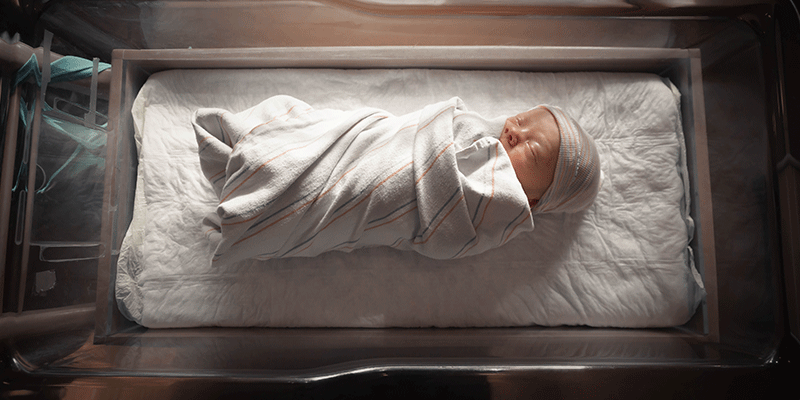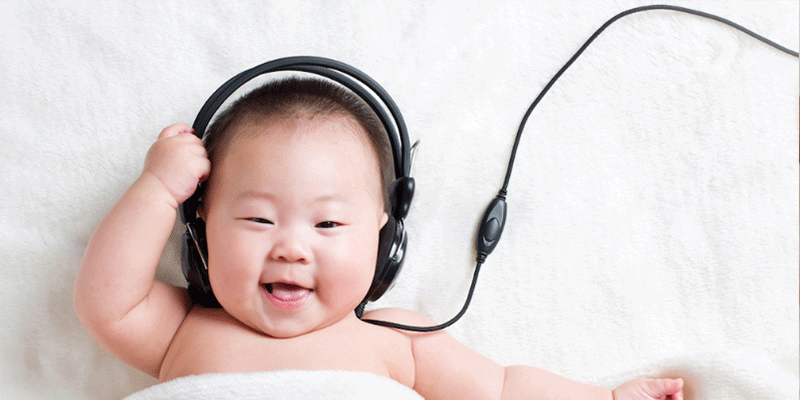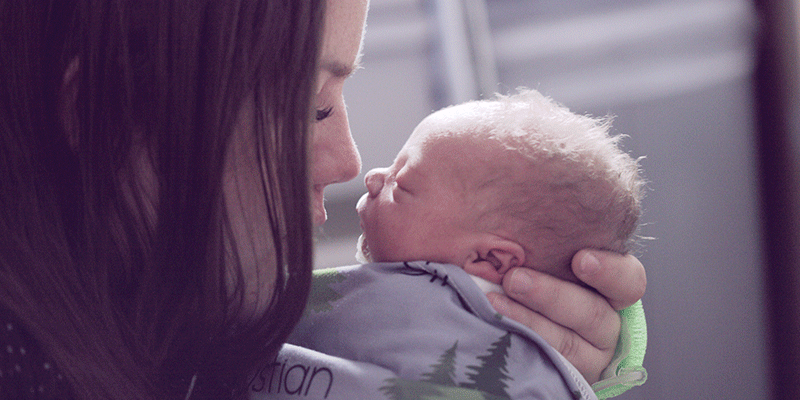
Some physical conditions are especially common during the first couple of weeks after birth. If you notice any of the following in your baby, contact your pediatrician.
Abdominal Distension
Most babies’ bellies normally stick out, especially after a large feeding. Between feedings, however, they should feel quite soft. If your child’s abdomen feels swollen and hard, and if he has not had a bowel movement for more than one or two days or is vomiting, call your pediatrician. Most likely the problem is due to gas or constipation, but it also could signal a more serious intestinal problem.
Birth Injuries
It is possible for babies to be injured during birth, especially if labor is particularly long or difficult, or when babies are very large. While newborns recover quickly from some of these injuries, others persist longer term. Quite often the injury is a broken collarbone, which will heal quickly if the arm on that side is kept relatively motionless. Incidentally, after a few weeks a small lump may form at the site of the fracture, but don’t be alarmed; this is a positive sign that new bone is forming to mend the injury.
Muscle weakness is another common birth injury, caused during labor by pressure or stretching of the nerves attached to the muscles. These muscles, usually weakened on one side of the face or one shoulder or arm, generally return to normal after several weeks. In the meantime, ask your pediatrician to show you how to nurse and hold the baby to promote healing.
Blue Baby
Babies may have mildly blue hands and feet, but this may not be a cause for concern. If their hands and feet turn a bit blue from cold, they should return to pink as soon as they are warm. Occasionally, the face, tongue, and lips may turn a little blue when the newborn is crying hard, but once he becomes calm, his color in these parts of the body should quickly return to normal. However, persistently blue skin coloring, especially with breathing difficulties and feeding difficulties, is a sign that the heart or lungs are not operating properly, and the baby is not getting enough oxygen in the blood. Immediate medical attention is essential.
Coughing
If the baby drinks very fast or tries to drink water for the first time, he may cough and sputter a bit; but this type of coughing should stop as soon as he adjusts to a familiar feeding routine. This may also be related to how strong or fast a breastfeeding mom’s milk comes down. If he coughs persistently or routinely gags during feedings, consult the pediatrician. These symptoms could indicate an underlying problem in the lungs or digestive tract.
Last Updated 8/1/2009
Source Caring for Your Baby and Young Child: Birth to Age 5 (Copyright © 2009 American Academy of Pediatrics)
The information contained on this Web site should not be used as a substitute for the medical care and advice of your pediatrician. There may be variations in treatment that your pediatrician may recommend based on individual facts and circumstances.






